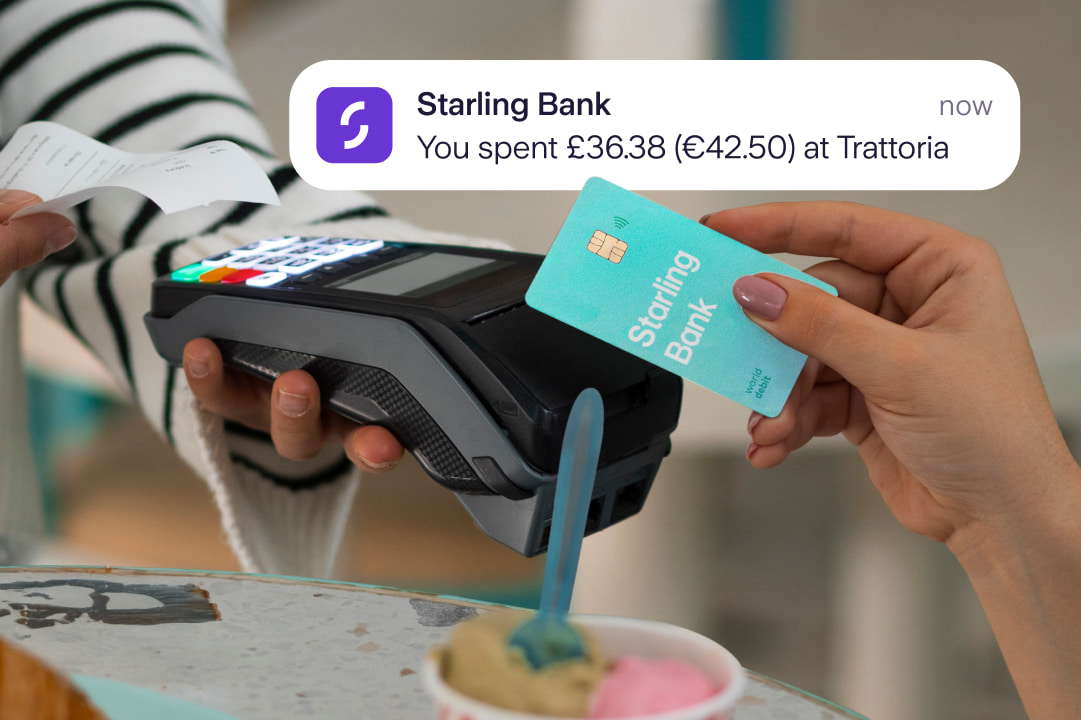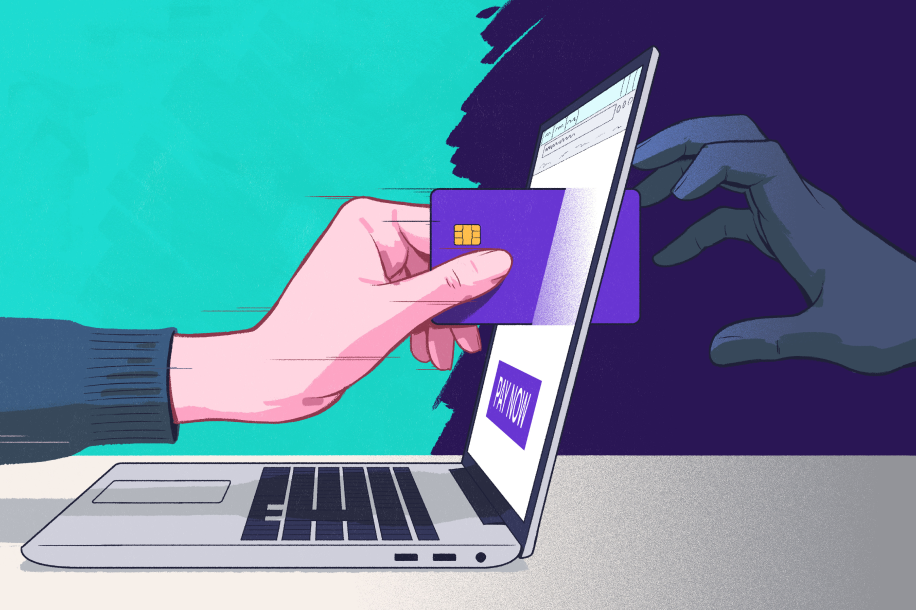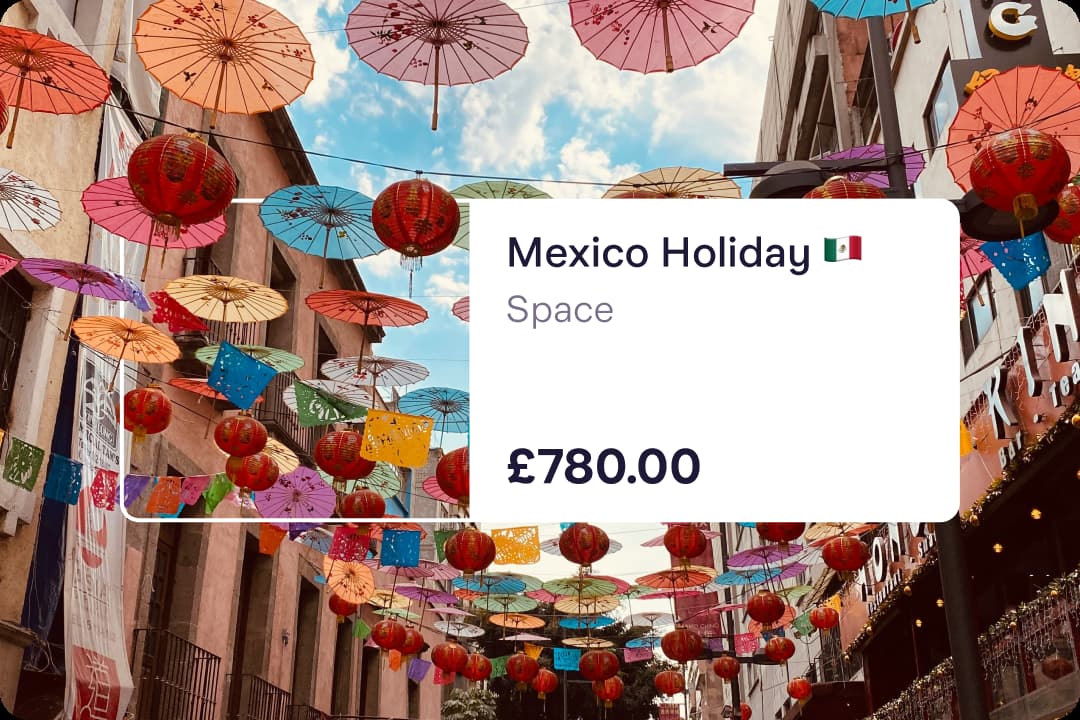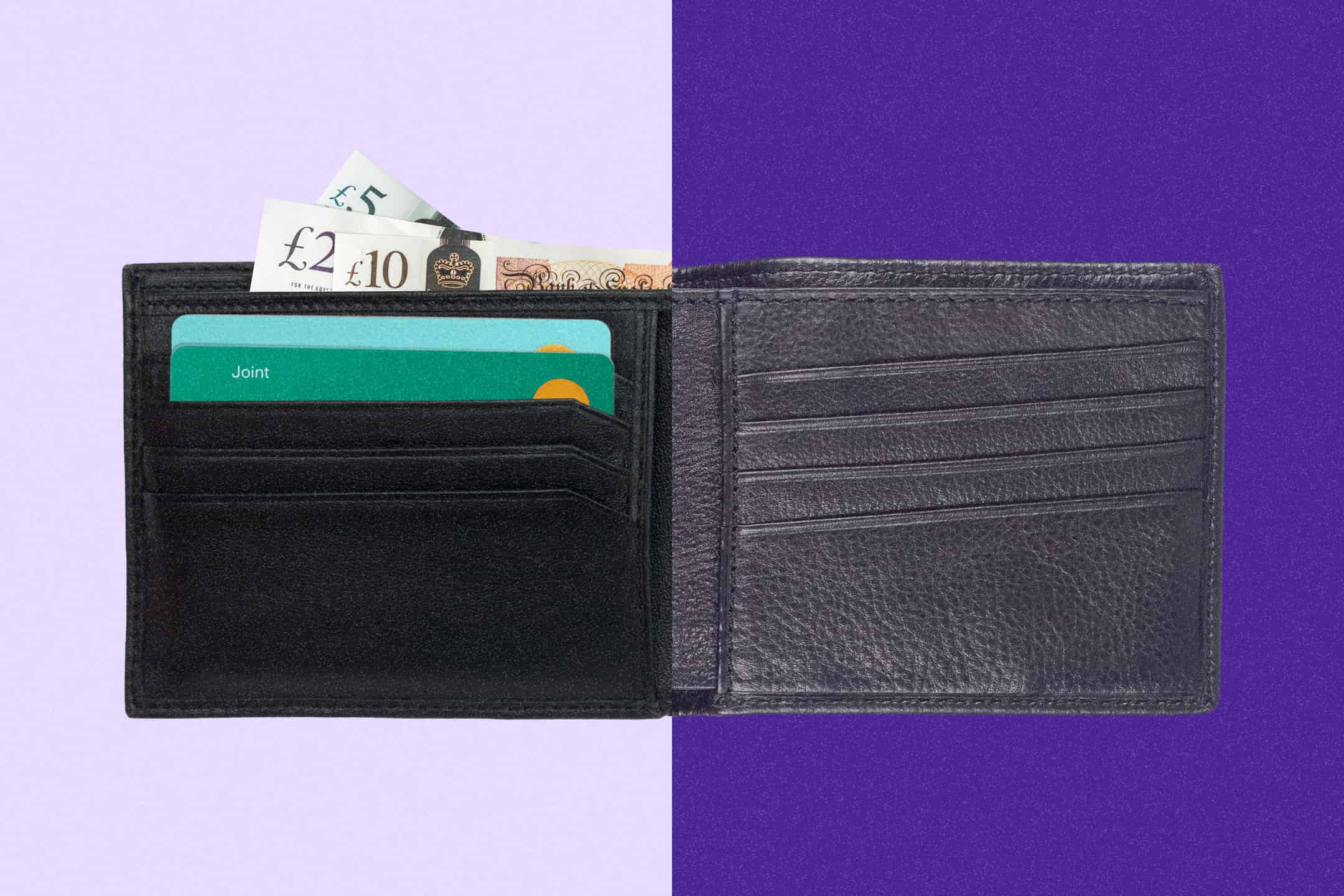
Money truths
Tipping etiquette in the UK and abroad
By Justin Quirk
For What It’s Worth

I’d been looking for somewhere to rent for months. A letting agency sent over a potential flat, I checked their website and TrustPilot reviews, and asked to see it.
I had a video viewing first and everything looked great. The only weird thing was that the guy showing me around didn’t show his face on the call.
The second room had already been rented out so I had a call with my ‘future housemate’. To this day, I still don’t know if she was also scammed or a part of it!
It felt too good to be true, so I double checked everything. There was no sense of urgency from them, it was all led by me. No alarm bells. I asked for a proper viewing.
Then at work I suddenly got an email saying they’d had interest from others, asking for the holding deposit to secure it: five weeks rent, totalling £1200. I sent it in a rush.
They confirmed receipt, said they’d sort the proper viewing ASAP. I gave my landlord notice. A week went by, nothing. Then I checked their website – it had disappeared.
I was really embarrassed, especially because I’d told people how excited I was about the new flat. Even though I felt worried, I’d told myself I was just being paranoid.
For about a week I felt like I couldn’t trust anyone around me, especially when arranging more viewings. Luckily my landlord let me stay until I found somewhere else.
Looking back, I knew something was up and I should’ve listened to that intuition. I’ve learnt to never feel pressured when making a big payment even if it’s ‘urgent’ and to always trust my instincts.
Illustration credit: Emanuel Santos
What is an impersonation scam?
An impersonation scam is when a fraudster pretends to be a business, or totally different individual, to trick you into handing over money. These scams can be very sophisticated, sometimes involving multiple people and fake websites or social media accounts that seem to back up what the business or individual tells you they’re providing, for example a place to rent.
If you’re worried that a business or person might not be all that they seem, call 159 – the fraud hotline. You’ll be able to speak to someone at Starling or at your bank about what’s worrying you. It’s especially important to call this number if you’ve received an urgent email, text or call asking you to transfer money.
Starling’s Financial Crime team have written guides on everything from online shopping scams to spotting fake text messages.
Learn more
Money truths
By Justin Quirk

How Much Does It Cost?
By Hannah Summers

Group holidays
By Kat Storr

Salaries
By Charlotte Lorimer